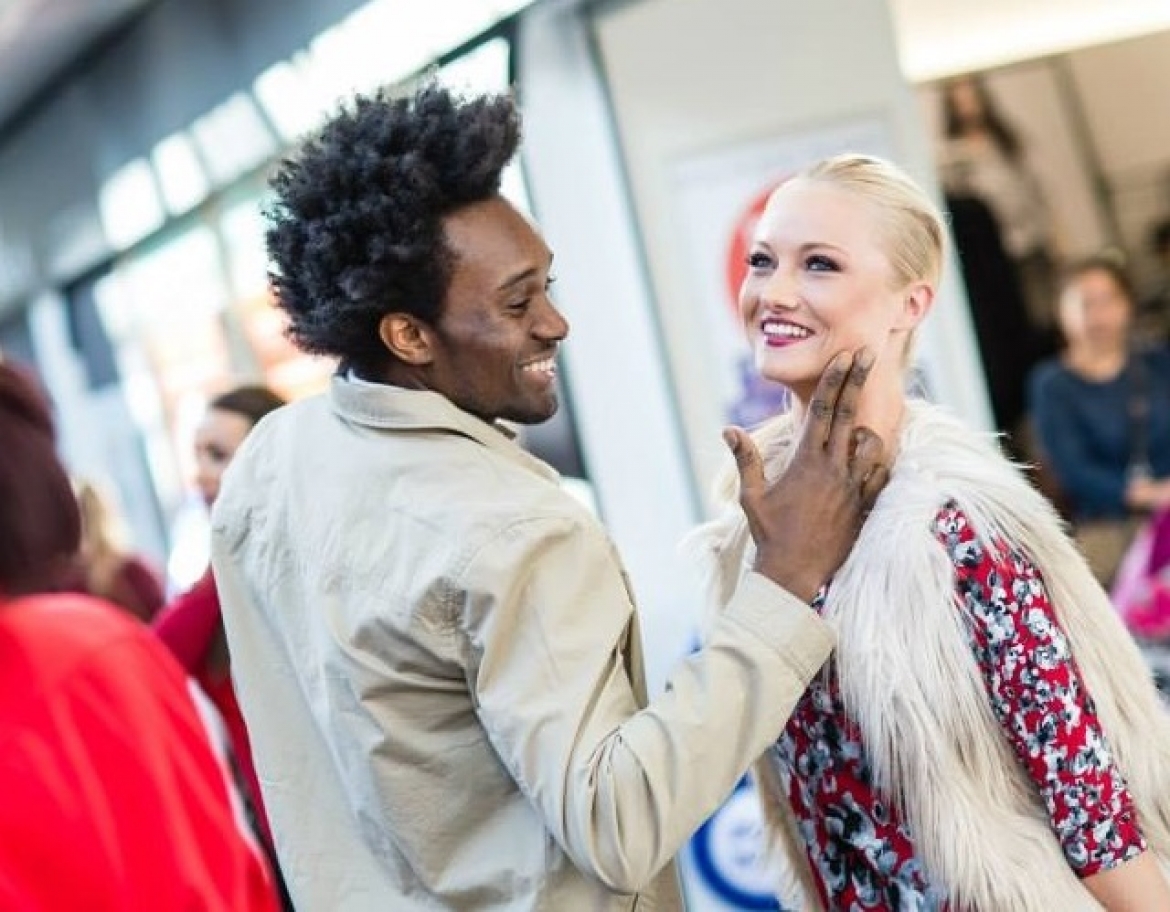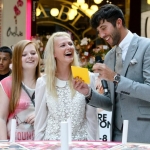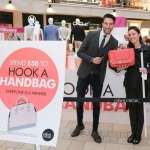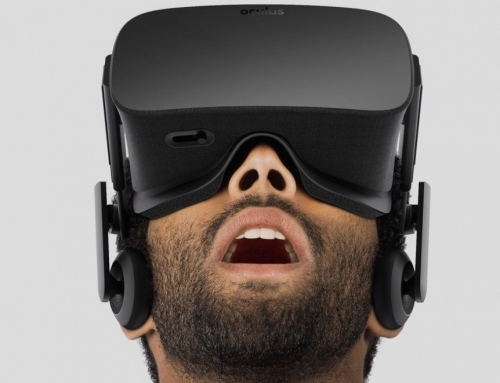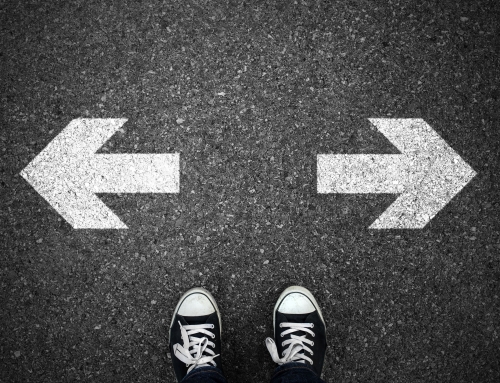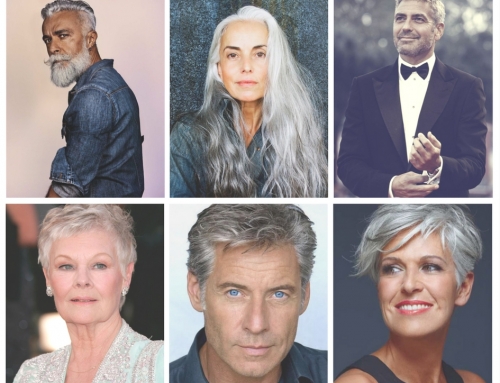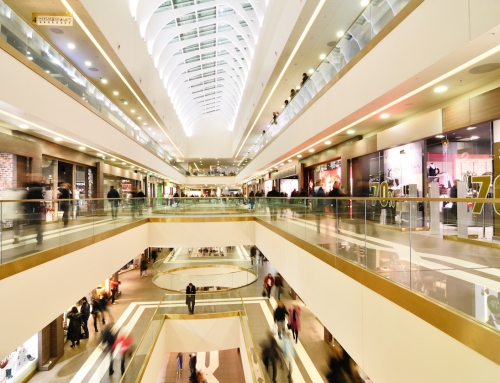The fashion and lifestyle sector has always been our industry trendsetter, leading retail by its creative approach to campaigns and live events. It was also one of the first to recognise and embrace the Experience Economy in which products and services are no longer enough for us consumers who now crave excitement and always expect the unexpected. Fashion never fails to deliver.
Shifting expectations.
This change in attitude means we’re more likely to prefer to be defined by our experiences rather than material possessions. The music industry is a good example; Unlike the previous generation, connected Millennials aren’t interested in owning music anymore, opting to subscribe to streaming services like Spotify instead, but they do seek out the unique and authentic shared experience of a live music festival. Why stay at home listening to music when you can gather your friends in a field, cover yourselves in glitter, and rock out to the real band at an epic event?
Not just a passing trend.
The new experience economy is so much more than material goods; it appeals to a much stronger emotional need in us. Online shopping only ever satisfies our rational need so physical retail spaces have an advantage over cyberspace and I think that’s why they remain important to the connected generation. Retail shopping centres are the backbone of the brand experience, they offer a unique opportunity for brands to engage and inspire consumers directly. Who doesn’t like getting hands-on, trying stuff out? And, if we can be educated and entertained at the same time, we’re much more likely to buy right there and then.
Even YouTube has physical ‘Creator Stores’ now within the global network of its YouTube Spaces which gives star content creators the chance to sell merch. And, it’s interesting to note that, online retail growth is predicted to decline from 2020, meaning in 10 years it will no longer be the dominant driver. Online and offline retail will settle into a state of equilibrium.
So what next?
Harvard academics, Pine & Gilmore who first wrote about the Experience Economy in 1998 suggest the next phase of consumer engagement will be the Transformation Economy, where the object is to leave the consumer changed from a positive experience. That change can take many different forms; a stronger sense of identity, for example, a mental or physical transformation. In this situation brands take on the role of mentor, enabling consumers to make meaningful life choices that result in positive life changes.
Change is good.
Consumer transformation is next level stuff, it requires a more complex, layered and engaging experience. To avoid becoming just another commodity, the experience has to be relevant, authentic to the consumer and customised to offer something truly personal. By educating consumers we open them up to new possibilities and if we can do this creatively, in a way that’s truly memorable, we create loyal brand ambassadors who are keen to share their stories with others.
Transforming the experience economy.
We all question what’s important in life and the general realisation is the key to happiness does not lie in material goods but shared positive life experiences. Retail brands showing consumers they understand by offering something more valuable, a potentially life-changing experience, have all the marketing tools they need.
